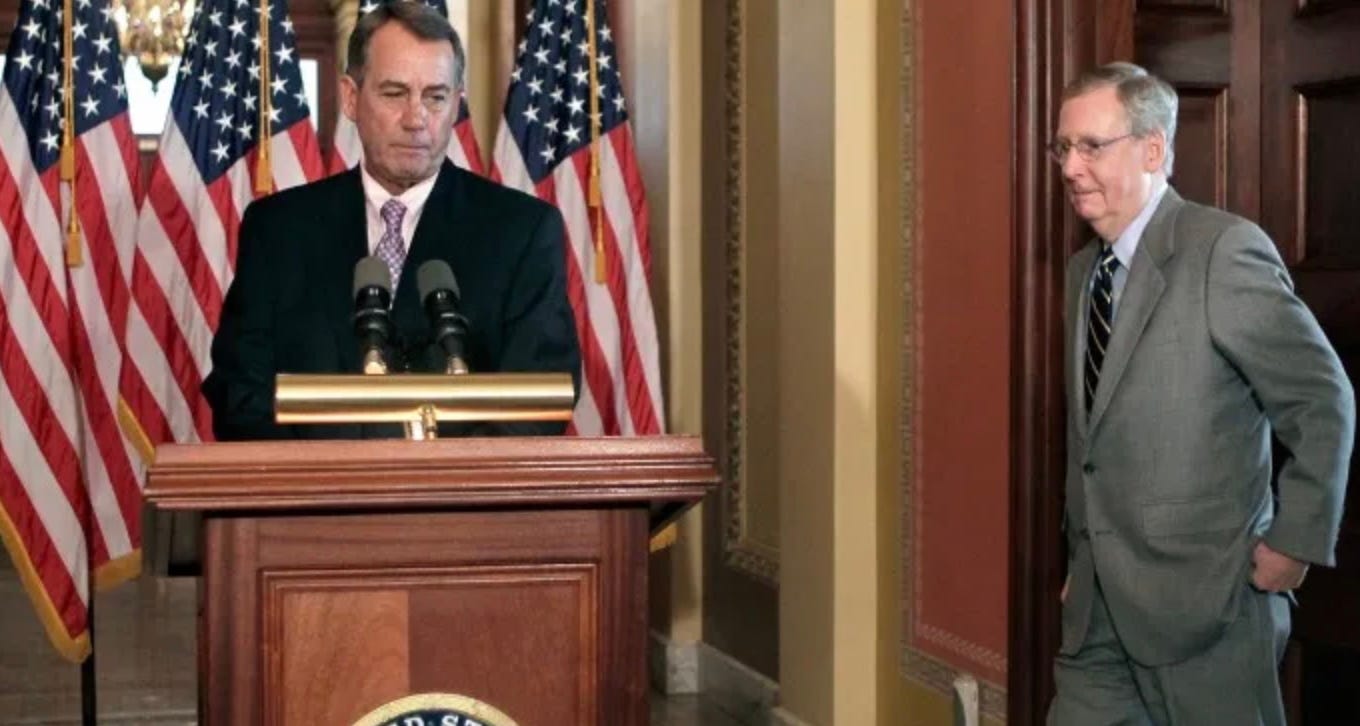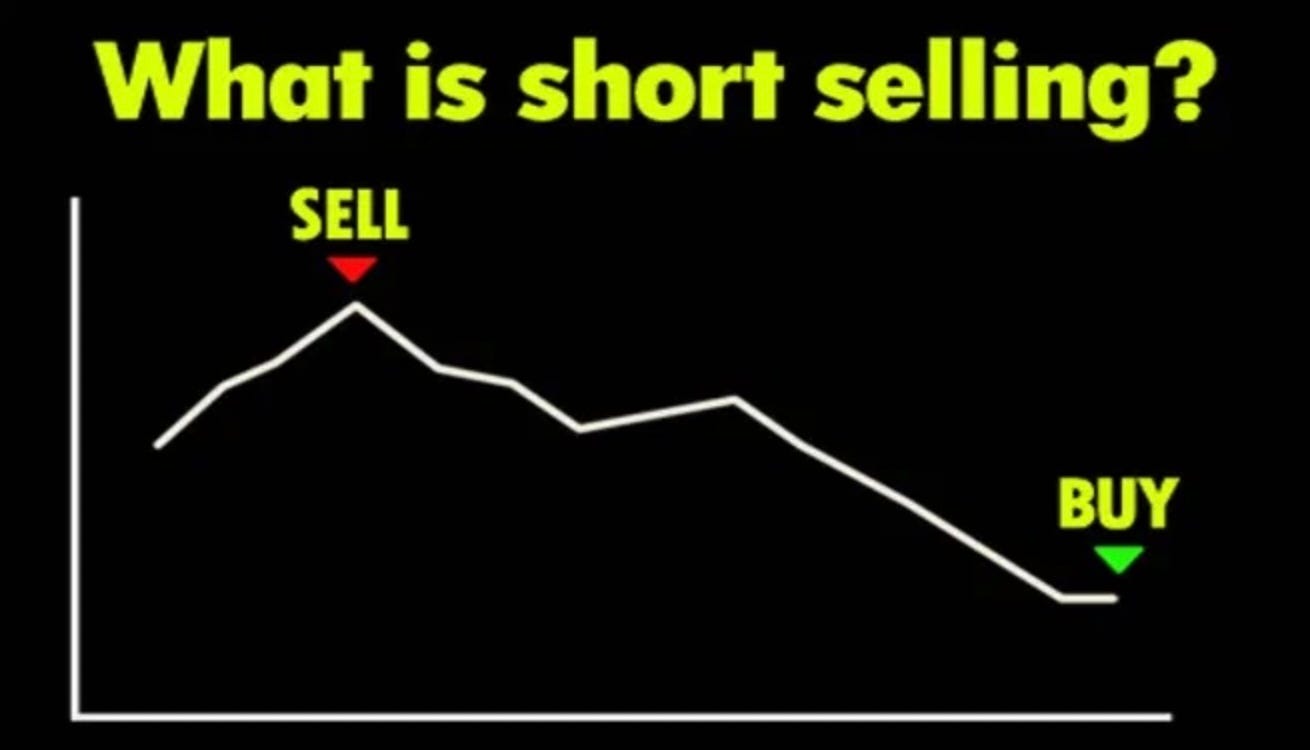The Finatical
Week of July 5th, 2021 - Investing as a Teen Tips, Britain's Trade Strategy, Housing Shortage Update
FinaticTips - 3 Tips for Investing as a Teen
1 - Researching Stocks
Once you have created an emergency fund and have saved a sufficient part of your income, you can use the surplus money to start investing and there is no better place to start than the stock market. Investing in the stock market involves an element of risk so it is advised to research the stock before you purchase it. Here’s how to research stocks:
Review a company’s financials: Companies are required to file some documents with the U.S. Securities and Exchange Commission and you can start by reviewing them:
Form 10-K: An annual report that includes key financial statements that have been independently audited. Here you can review a company’s balance sheet, its sources of income and how it handles its cash, and its revenues and expenses.
Form 10-Q: A quarterly update on operations and financial results.
Major financial news websites can also be checked to find highlights from the above filings and important financial ratios.
Important numbers to analyze: Once you access the previously mentioned documents, you will see a lot of confusing numbers and details. Here are a few things to look out for:
Revenue/ Operating Revenue: This is the amount of money the company has managed to acquire during a specified period of time. You will likely find it on top of the income statement.
Net Income: This is the amount of money the company has actually made after deducting taxes, salaries and other expenses.
Earnings and Earnings-Per-Share: EPS or Earnings-Per-Share is an important factor that can be used to compare different stocks and the companies’ profitability on a per-share basis.
Qualitative Factors: It is also important to study qualitative factors that can affect the stocks of a company. These might include a management change, a particular season, publicity, etc. Once you have purchased a stock of a company, start treating it as your own company and make sure to know everything about it.
Once you have completed the above steps, it is important to put everything into context and decide which stock is best for you!
2 - Open a High-Yield Savings Account
Considering the risk involved, it might not be wise to invest all of your surplus cash in stocks. A high-yield savings account is a bank account with a high interest rate. This is a great investment as for most savings accounts you do not need to have a minimum balance to open the account nor do you need to pay monthly fees or have a certain balance. However, deciding on an account might be a tough choice.
Here are the all the factors you need to look at:
Interest Rate
Required Initial Deposit
Minimum Balance Required
Fees
Accessing your money - Some banks don’t allow you to withdraw money using an ATM card from these accounts. Make sure to know the available options to withdraw your money.
Deposit Options - Having an account that allows you to deposit money electronically can be a huge advantage.
Compounding method - The interest rates can be compounded over different periods of time depending on the policy at your bank. Make sure to go through these and choose what’s best for you.
Once you have figured out which account is best for you, opening a high-yield savings account should not be difficult. See if you can open the account at your bank only and if you can’t, no worries, you can easily open an account at any other institution using just your driver's license, Social Security Number, and primary bank account information.
3 - Contribute to a Roth IRA
A Roth IRA is a special retirement account that is open to anyone who has a taxable income. Deposits are made only with your after-tax income but when you withdraw that money it is absolutely tax-free! Contributing money after paying taxes won’t be a problem for teens since they pay little if any income tax. A Roth IRA can be established at any time but all contributions must be made by the account owner’s tax-filing deadline. Here’s everything you need to know before you open your IRA account:
You can always withdraw contributions from a Roth IRA with no penalty at any age.
At age 59½, you can withdraw Roth contributions and earnings with no penalty, provided your Roth IRA has been open for at least five tax years.
5-Year Rule: The first five-year rule states that you must wait five years after your first contribution to a Roth IRA to withdraw your earnings tax free. The five-year period starts on the first day of the tax year for which you made a contribution to any Roth IRA, not necessarily the one you're withdrawing from.
The five-year rule applies in three situations:
Your first contribution. Withdrawing funds from a Roth IRA less than five years after your first contribution requires account holders to pay taxes on the earnings portion of the withdrawals. That said, Roth IRA withdrawals prioritize contributions before earnings. That means you may be able to make the withdrawal you need less than five years after your initial contribution but still tax-free if you have enough cumulative contributions to cover the amount.
Roth conversions. If you withdraw money from a converted Roth IRA within the first five years after the conversion, you'll have to pay the 10% penalty on any withdrawals. That includes withdrawals of the amount you initially converted even though you've already paid taxes on that amount. You're still allowed to use other exceptions to the 10% penalty rules in a Roth conversion situation, however. In particular, if you're over age 59 1/2, then the age exception applies, and you can immediately take withdrawals without worrying about the penalty.
Inherited IRAs. If you fail to withdraw 100% of funds from an inherited IRA by the end of the fifth year following the owner's death, the remaining balance is subject to a 50% penalty.
FinaticTrends - 2 Financial Trends
1 - Britain’s Trade Strategy
As the world returns to normalcy, global trade is surging but Britain has witnessed a decline in its global trade following Brexit which severed Britain’s trade relations with the European Union. It is difficult to determine exactly how much Britain’s trade has declined due to discrepancy between data published by the UK Government and data published by the European Union. Britain says that its exports with the European Union declined by 4.8% whereas the EU says that British exports declined by 27.1%. The figures are not even roughly similar but nonetheless, it is evident that British exports have declined following Brexit. Britain’s trade strategy is to boost its trade by negotiating terms with other countries across the world. However, the major problem facing Britain is that trade liberalisation agreements take a long time to negotiate, often as much as ten years. It might be a while before Britain enjoys global trade outside of Europe.
2 - Housing Shortage Update
The month of May saw an all-time high in housing prices owing to the massive shortage and demand for houses. An unprecedented rise in demand for houses in the US was seen as COVID restrictions were being eased. Now, a sudden change can be witnessed in the equation and housing prices can be expected to decrease in the future as new listings are beginning to emerge. Although there’s still a significant shortage of homes for sale and home prices just hit a new high, the June data report shows good news on the horizon for buyers. Finally, the burden on buyers, who have been sidelined in bidding wars, can be expected to decrease. It will be interesting to see how the housing market changes for hopeful buyers in the coming weeks.
Financial Guidance
"I will tell you how to become rich. Close the doors. Be fearful when others are greedy. Be greedy when others are fearful." - Warren Buffett
Warren Buffett’s Philosophy: Be prepared to invest in a down market and get out in a soaring market.
Money Fact
Pablo Escobar had enough cash that rats ate almost $1 billion of his money each year.
He got 99 problems and rats eating his money IS one of them.











